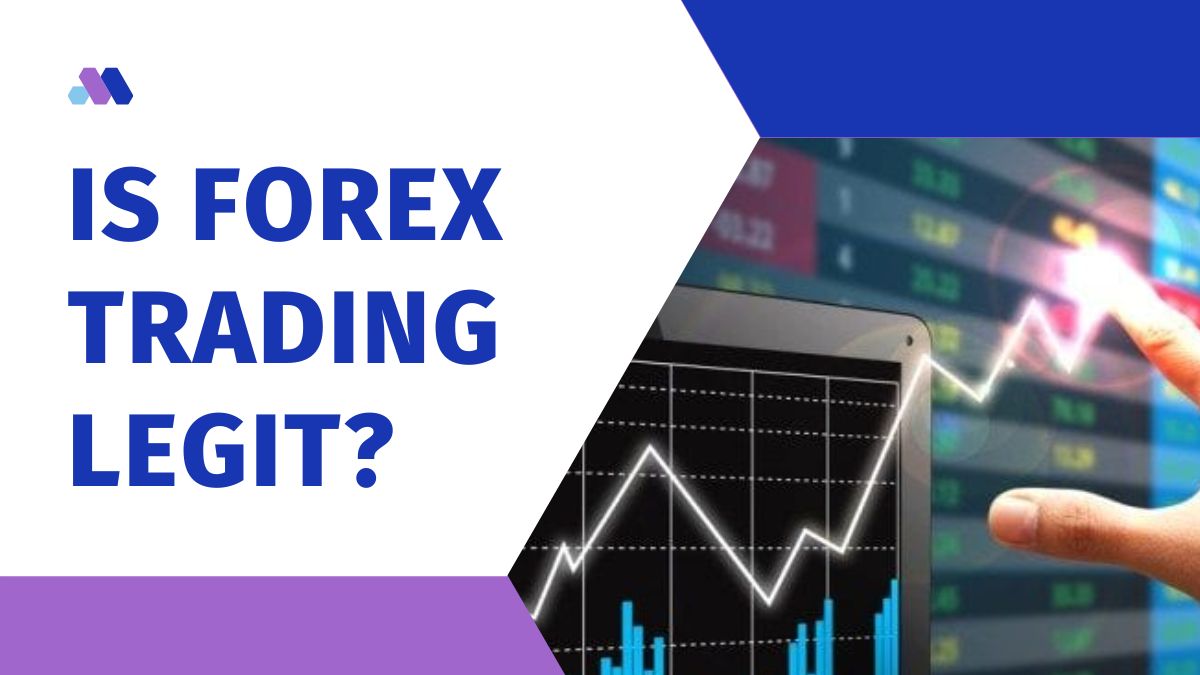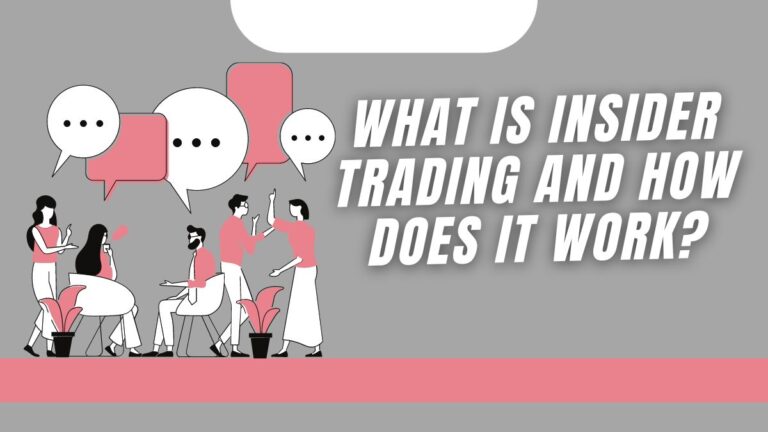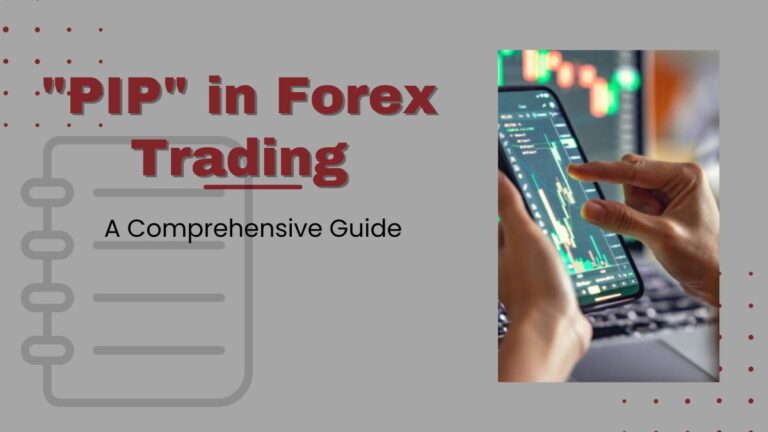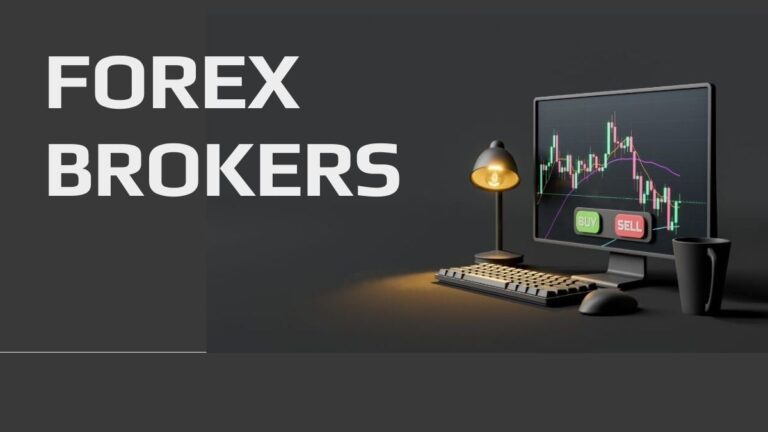Unveiling the Legitimacy of Forex Trading: A Comprehensive Analysis

Are you tired of hearing conflicting opinions about Forex trading? Is the legitimacy of this financial market still shrouded in uncertainty? Well, it’s time to put all your doubts to rest! In this comprehensive analysis, we will delve into the world of Forex trading and uncover the truth behind its legitimacy. From debunking myths to exploring success stories, get ready for an eye-opening journey that will leave you convinced of the immense potential and credibility that Forex trading holds. So sit back, relax, and let’s unveil the fascinating reality that lies within the realm of forex trading!
Table of Contents
Introduction
When it comes to online trading, forex trading is one of the most popular options. And for good reason – forex trading offers a number of benefits that other types of trading do not. But there are also a lot of misconceptions about forex trading. In this article, we’ll take a comprehensive look at forex trading and dispel some of the myths surrounding it.
So, what is forex trading? trading is the simultaneous buying of one currency and selling of another. It is the largest and most liquid financial market in the world. In simple terms, forex trading is the act of buying and selling foreign currencies.
The foreign exchange market (or “forex” for short) is where these transactions take place. The forex market is the largest and most liquid financial market in the world, with a daily turnover of over $5 trillion.
Factors that can affect currency exchange rates include economic indicators like inflation and interest rates, political stability, and even natural disasters. All of these factors make forex trading a complex and potentially lucrative way to make money.
Benefits of Forex Trading
There are numerous benefits to forex trading, which is why it’s so popular among online traders. Some of the main benefits include:
- 24-Hour Market: The forex market is open 24 hours a day, five days a week (from Sunday evening to Friday night). This means that you can trade whenever you want – there’s no need to wait for regular market hours.
- High Liquidity: As mentioned above, the forex market is highly liquid, with a daily turnover of over $5 trillion. This means that there are always buyers and sellers available, so you can easily enter or exit trades without any issues.
- Low Costs: Trading costs are generally very low in the forex market, with some brokers allowing you to trade with no commissions.
- Accessibility: Forex trading is accessible, as you can start trading with just a few hundred dollars. This makes it an ideal option for beginners who want to get into trading without a large investment.
- Volatility: The forex market is highly volatile, meaning that prices can move quickly and there are plenty of opportunities for profit. This makes it an attractive option for traders looking to make quick profits.
- Global Reach: Lastly, the forex market is global in reach – you can trade currencies from any part of the world. That means that you’ll always have access to the currency pairs you need to take advantage of opportunities in different markets around the globe.
The Legitimacy of Forex Trading
It is no secret that the foreign exchange (Forex) market is filled with scams and shady operators. Nevertheless, there are also many legitimate Forex brokers and platforms out there. In this article, we will be taking a comprehensive look at the legitimacy of Forex trading.
The first thing to note is that Forex trading is not a get-rich-quick scheme. Anyone who tells you otherwise is likely trying to scam you. While it is possible to make a lot of money from Forex trading, it takes time, effort, and knowledge to be successful at it.
That being said, there are plenty of legitimate Forex brokers and platforms out there that can help you start generating profits from the currency markets. To find a reputable broker or platform, do your research and make sure that they are properly regulated by a financial authority such as the Securities and Exchange Commission (SEC) in the United States.
Another way to determine if a broker or platform is legitimate is to look for user reviews online. Both positive and negative reviews can be helpful in this regard. Pay attention to red flags such as excessively positive reviews or complaints about Withdrawal problems .
In general, as long as you do your due diligence before investing in any Forex broker or platform, you should be able to trade safely and profitably in the currency markets.
By following these steps, you can be sure that you are trading with a legitimate broker or platform, and thus greatly increase your chances of generating profits from Forex trading.
Advantages and Disadvantages of Forex Trading
There are two main types of trading: Forex and stocks. Many people view Forex trading as a high-risk investment, but there are also many advantages to Forex trading. Here are some pros and cons of Forex trading:
Pros.
- The foreign exchange market is the largest in the world, with a daily turnover of $3.98 trillion (as of April 2019). This means that there is high liquidity in the market, which makes it easy to enter and exit trades.
- Forex markets are open 24 hours a day, from Sunday evening to Friday evening. This allows traders to take advantage of opportunities that arise outside of normal working hours.
- Currency prices are affected by a wide range of political and economic factors. This gives forex traders a greater opportunity to make profits than stock traders, who only have access to a limited number of companies.
- Leverage is available in forex trading, meaning that investors can control large sums of money with a small amount of capital. This can lead to high profits, but also carries a high level of risk.
Cons.
- Because the foreign exchange market is unregulated, it is considered to be more risky than other types of investing.
- The foreign exchange market is highly volatile, meaning that prices can move very rapidly in any given direction. This makes it difficult to predict what will happen next, which can lead to losses.
- It can be difficult to find reliable forex brokers, as there are many scam operators in the industry.
- It can also be difficult to learn the skill of trading in this market, which requires time and dedication.
- The foreign exchange market can be subject to manipulation by large institutions and governments, which can lead to unexpected movement in the market that is not related to underlying economics.
Overall, Forex trading can be a viable investment option for those who understand the risks and have the time to dedicate to learning how to trade in this market. With its high risk and high reward potential, it is important to explore your options before entering into any Forex trade.
Types of Strategies Used in Forex Trading
There are four main types of forex trading strategies:
- Scalping: Scalping is a short-term trading strategy that involves taking small profit margins on each trade. This strategy is best suited for those who can take advantage of small market movements and don’t mind holding their positions for only a short period of time.
- Day trading: Day trading is a slightly longer-term approach than scalping, as it involves holding positions overnight. This strategy is best for those who can take advantage of larger market movements and have the patience to hold their positions for longer periods of time.
- Swing trading: Swing trading is a medium-term approach that involves holding positions for several days or even weeks at a time. This strategy is best suited for those who can take advantage of longer-term trends in the market and don’t mind holding their positions for extended periods of time.
- Position trading: Position trading is a long-term approach that involves taking large profit margins on each trade. This strategy is best suited for those who can take advantage of very large market movements and have the patience to hold their positions for extended periods of time.
No matter which forex trading strategy you choose, it is important to stick with it and remain disciplined in your trades.
Tips for Beginners in the Forex Market
When it comes to forex trading, there are a lot of things that you need to know in order to be successful. However, if you are a beginner, then you may not be familiar with all of the jargon and complicated concepts. That’s why we’ve put together this handy guide of tips for beginners in the forex market.
One of the most important things to remember as a beginner is that forex trading is a marathon, not a sprint. You need to be patient and disciplined in your approach in order to see consistent results. Another key point is to diversify your portfolio. Don’t put all of your eggs in one basket by investing only in one currency pair. Spread your risks across multiple pairs to mitigate losses.
It’s also important to have realistic expectations when forex trading. Remember that there will be ups and downs along the way, but don’t let the occasional loss discourage you from reaching your long-term goals. Make sure you keep learning and expanding your knowledge base so that you can continually improve your trading skills.
Learning proper risk management techniques is also critical for success in the forex market. Don’t take on too much risk at once, and make sure you understand the risks associated with each trade before entering into it. Lastly, make sure you practice with a demo account before trading with real money. This will help you get comfortable with the platform and increase your chances of making profitable trades.
Different Regulations Regarding Forex Trading Around The World
Different countries have different regulations regarding Forex trading.
In the United States, for example, Forex trading is regulated by the National Futures Association (NFA) and the Commodity Futures Trading Commission (CFTC). These two organizations set the rules for Forex brokers and enforce them. In Canada, Forex trading is regulated by the Canadian Securities Administrators (CSA). The CSA is an organization that represents all of Canada’s provincial and territorial securities regulators. They work together to develop regulations that protect investors and ensure fair and efficient markets.
In the European Union, Forex trading is regulated by the Markets in Financial Instruments Directive (MiFID). This directive sets out a harmonized regulatory framework for investment services across all 31 member states. The MiFID covers a wide range of financial instruments, including currencies.
In Japan, Forex trading is regulated by the Financial Services Agency (FSA). The FSA works to ensure that only those with proper qualifications are allowed to conduct investing activities. Additionally, they also work to protect investors from fraud and other unfair practices.
Finally, in Australia, Forex trading is regulated by the Australian Securities & Investments Commission (ASIC). The ASIC regulates all financial markets and products in Australia, including Forex trading. They set out standards for financial products and services to protect investors and make sure that trading activities are conducted fairly and honestly.
Drawbacks of the Forex Market

The forex market is not without its drawbacks, however.
- One major drawback is the lack of regulation. Unlike stocks and futures, the forex market is not regulated by any central exchange. This lack of regulation means that there is no one to watch over the market and protect investors from fraud or manipulation. This also means that there is no centralized place for information about the market.
- Another drawback of the forex market is its liquidity. Because it is not a centralized market, there is no one to match buyers and sellers. This can lead to wide swings in prices and make it difficult to get in and out of trades.
- Finally, the forex market is prone to volatility and high levels of risk. Because currency prices are determined by a wide range of economic and political forces, they can be highly unpredictable. This means that even experienced traders can suffer large losses if they do not properly manage their risk.
Conclusion
In conclusion, this article has provided a comprehensive analysis of the legitimacy of forex trading and its potential risks and rewards. As with any form of investment, it is important to assess the pros and cons thoroughly before making an informed decision about whether or not to pursue forex trading as a means for generating income. It is easy to see why the foreign exchange market continues to be such an attractive prospect for those interested in financial markets. The key takeaway when engaging with forex trading remains: do your research first!






